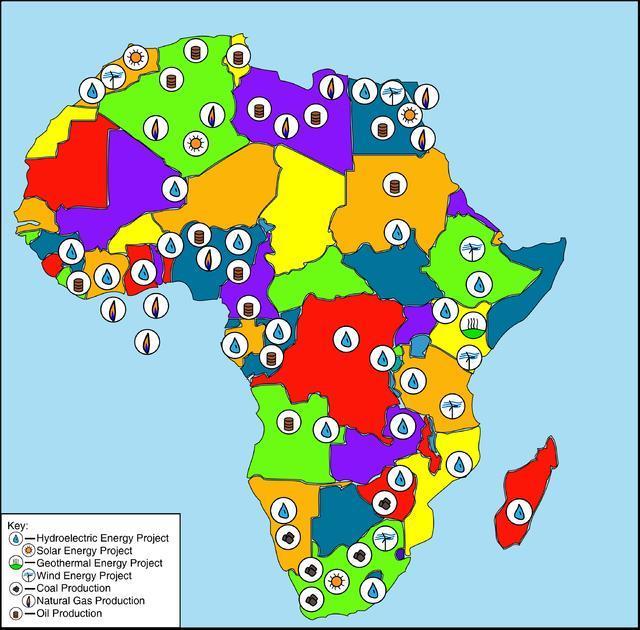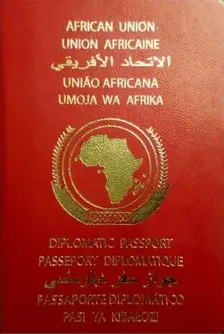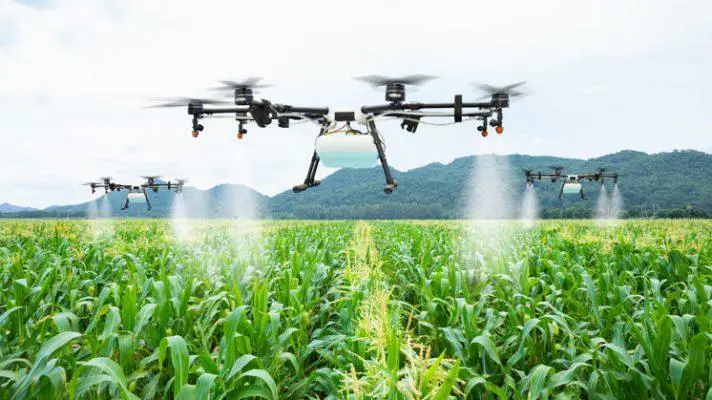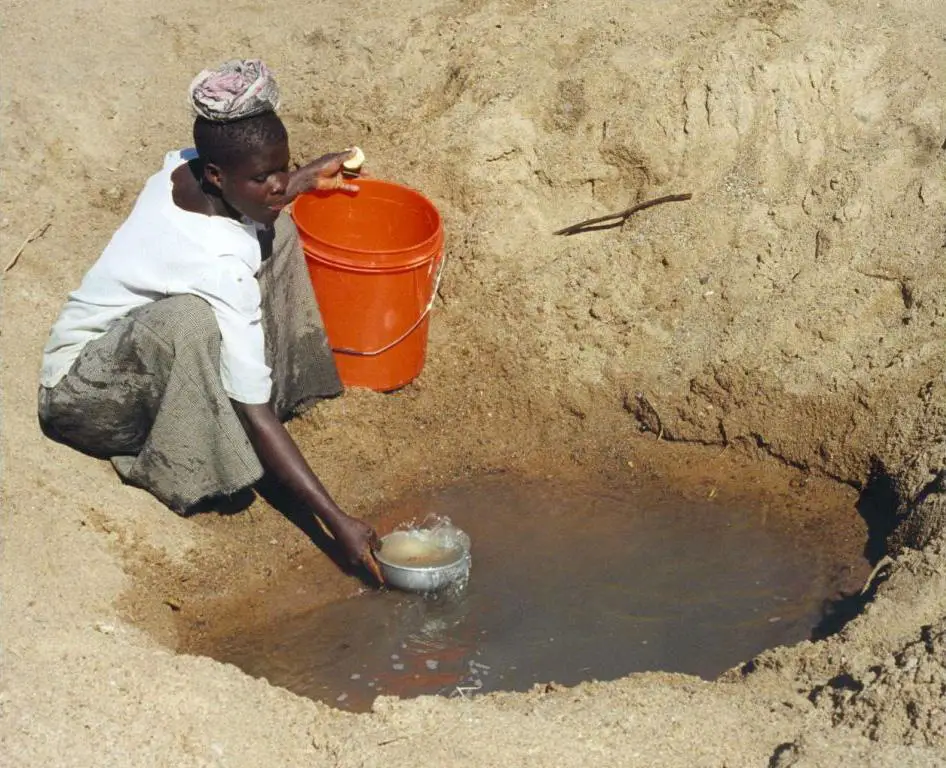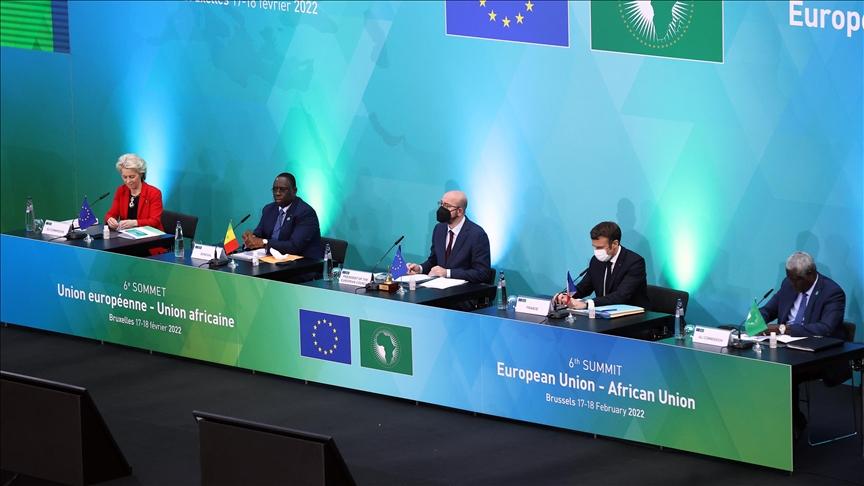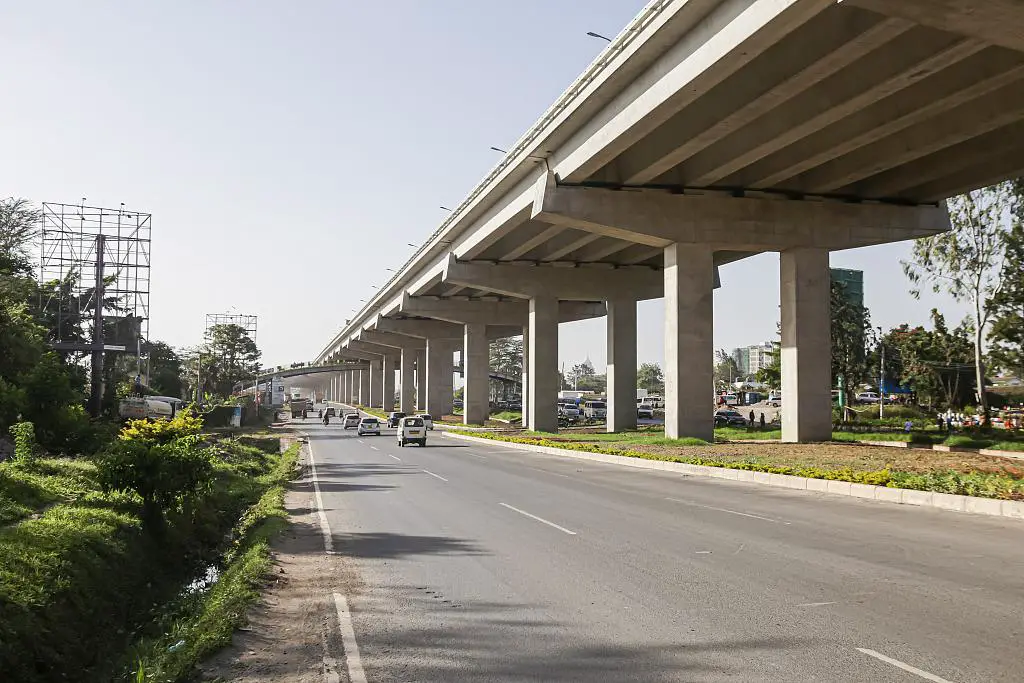- Africa’s BPO industry enters AI era with 40% of tasks at risk by 2030
- Trump tariffs sting set to ruffle several economies in Africa
- Africa Energy Bank secures key backing from Nigeria, Angola and Ghana
- AIM Congress 2025 gets a boost as International Development Bank signs on as gold sponsor
- African energy: Opportunities and challenges presented by Russia’s investments
- Africa’s smart farming push—a revolution or a mirage?
- BRICS summit in Brazil to focus on global governance reform
- Dedollarization: BRICS take on Trump and mighty dollar
Author: june njoroge
As Africa’s role in the global economy continues to garner prominence, it’s imperative for the continent to seal the gaping hole in its power supply.
Lack of universal power access remains a major roadblock that has retrogressed industrialization and socio-economic development. Statistics from the World Bank indicate that Africa remains the least electrified region in the world, with 568 million people lacking access to electricity.
The Bretton Woods institution, further notes that the Sub-Saharan Africa’s share of the global population without electricity, jumped to 77 per cent in 2020 from 71 per cent in 2018, whilst most regions saw declines in their share of access deficits. It has become a Hobson’s choice for African governments to prioritize the power sector, which is the epicenter of industrialization, working towards Goal 7 of the UN SDGs; which advocates for universal access to affordable, reliable and modern electricity services.
Currently, Africa’s power is …
The African passport is a common passport document that is set to replace the existing nationally issued AU member states’ passport, and exempt bearers from having to obtain any visas for all 55 states in Africa. The three types of AU passports that are to be issued include the Ordinary Passport which is 32 pages and valid for five years, that will be issued to citizens and is intended for occasional travel such as business trips and vacations. The Official or Service passport will be issued to officials attached to government institutions, who have to travel on official business.
Finally, the diplomatic passport will be issued to diplomats and consuls for work-related travel and to their accompanying dependents. The passport has inscriptions in English, Swahili, Arabic, French and Portuguese.
The initiative aims at transforming Africa’s laws, which remain generally restrictive on the movement of people. This, despite political commitments, to …
Inarguably, agriculture is the mainstay in most African economies, contributing an average of 30 to 60 per cent of GDP; 30 per cent of the value of exports and providing employment, to about two-thirds of the continent’s working population.
According to McKinsey and Company, more than 60 per cent of the population in Sub-Saharan Africa are smallholder farmers. In cognizance, of the pivotal role played by agriculture in the continent, the African Union (AU) declared 2014 as the Year of Agriculture and Food Security; stimulating leaders to treat agriculture not only as a viable solution to eradicate poverty and hunger but also as a major contributor to economic development deserving of massive investments.
However, in stark contrast, the current drought pertinently in the Horn of Africa only highlights the peak of the continent’s food insecurity, as at least 18.4 million people are facing high levels of acute food insecurity and …
The African Diaspora Network (ADN) has been instrumental in not only offering a platform for dialogue, action and innovation but also driving investment opportunities in the continent, pertinently through their flagship symposium. The African Diaspora Investment Symposium (ADIS), fosters the entrepreneurial and innovative spirit of Africans in the diaspora together with their champions. The event has been for the past seven years since inception, a catalyst for diaspora-driven initiatives and investment with the potential to shape the continent’s future as well as a platform to control the narrative about Africa. For the 2022 event, the Network seeks to bring the global community together to Silicon Valley; it has been hailed as the premium convening of the African investment ecosystem in Silicon Valley.
Since January, the Network has been running online forums, addressing thematic concerns and the pivotal role that the diasporan community can play in solving and sealing gaping deficits. …
Savings and Credit Co-operative Societies (SACCOS) have embraced the new cybersecurity course launched by the Chartered Institute for Securities and Investments (CISI) in full throttle, given the gravity of cybercrime that has plagued the vibrant sector hitherto.
The latest financial sector stability report prepared by the Central Bank of Kenya (CBK), and the Sacco Societies Regulatory Authority (SASRA), stand but a distinct testament to the deleterious effects of cyberattacks on these lucrative financial institutions entrusted with members’ hard earned savings.
The report indicates that SACCOs lost Kshs 106 million, in the 17 months to March 2021 to cyber theft. To boot, the report deduces that the losses are an equivalent of Kshs 6.23 million per month or Kshs 208,000 daily; that was siphoned largely through software vendors, engaged by the SACCOs to provide technology solutions, exploiting weaknesses well known to them but unbeknownst to SACCOs.
The CISI cyber security course …
In the wake of the ongoing devastating drought that continues to ravage the Horn of Africa at an alarming rate, it is imperative to urgently redress Africa’s perennial water crisis. The United Nations Office for the Coordination of Humanitarian Affairs (OCHA) reports that communities in the Horn of Africa are experiencing one of the most severe La Niña-induced droughts leading Kenya and Somalia to declare national emergencies due to poor and unpredictable rainy seasons. According to the World Food Programme (WFP), an estimated 13 million people are grappling with a major drought caused by the driest conditions since 1981.
This has been the aftermath of three failed rainy seasons in Kenya, Ethiopia and Somalia that have led to extreme water shortages, consequently leading to the decimation of crops and livestock deaths, forcing families from their homes and triggering conflict between communities. The root of this deleterious crisis has been climate …
The European Union (EU) and Nigeria have enjoyed robust trade and bilateral relations since the formulation of this lucrative partnership, and remains its most important trading partner for oil and non-oil exports. In cognizance of Nigeria’s strategic importance as Africa’s most populous nation, and one of the largest economies; the EU’s cooperation with the country aims to enhance growth and stability to achieve social equity, hence their partnership has been rooted in shared values and interests since inception. In addition, Nigeria is also a key beneficiary of the EU’s Foreign Direct Investment (FDI).
To boot, the EU has recently renewed its commitment, pledging to continue to pursue with increased vigour, its bilateral engagement and friendship with Nigeria I n order to deliver better and to make the partnership more fruitful. This comes after the trade volume between the European Union and Nigeria, increased by 25.8 per cent to peak at …
Most African countries lag behind the rest of the world in the coverage of key infrastructure classes including energy, road and rail transportation, together with water infrastructure. Development of Africa’s infrastructure has been met by colossal roadblocks, which have largely stemmed from the endemic systemic corruption that continues to ail the continent, making it one of the biggest hurdles to development. Consequently, this has made attracting foreign investment a nightmare.
This further affirms the description by McKinsey and Company that the continent faces an infrastructure paradox whereby Africa’s track record in moving projects to financial close is poor. Despite the high demand for projects, sufficient supply of capital and investors, coupled with voluminous potential projects there is insufficient investment in infrastructure projects within the region.
Presently, more than two-thirds of the global population without access to electricity is in Sub-Saharan Africa, which is an equivalence of 600 million people. For …
Kenya-based Pula is another distinguished insurtech making waves in the continent. It provides small scale farmers with agricultural insurance and digital products, to help mitigate the risk of enduring extreme conditions; assisting small-scale holder farmers to navigate climate risks, improve their farming techniques and boost their revenues. Since its inception in 2015, Pula has impacted 4.3 million farmers across 13 African markets.
Furthermore, the firm has managed to raise a total of US$6million from global venture capital backers for Africa and Asia expansion. Pula won the ‘Insurtech of the year’ award at the African Insurance Awards. Its growth has enabled it to partner with the World Food Programme, to insure 3.5 million farmers across 10 African countries.
Into the bargain, Kenya’s Lami Technologies is another acclaimed insurtech company that recently received US$1.8 million pre-seed; with the round led by Accion Venture Lab, AAIC, Future Africa, among others. The company projects …
AfCFTA is reshaping African markets; deepening economic integration in accordance with the Pan African Vision of ‘An integrated, Prosperous and Peaceful Africa,’ as enshrined in Agenda 2063. The agreement established a single continental market for goods and services, making for the largest and most ambitious trade bloc in the world, after the WTO. This has created a new market of 1.3 billion consumers across Africa, accounting for a combined GDP in excess of US$3.4 trillion in 55 countries.
According to the World Bank, AfCFTA has the potential to eradicate extreme poverty in the lives of 30 million Africans, and boost the incomes of 68 million of them, that live below the poverty line. Moreover, in the long term the continent is set to immensely reap more benefits out of the Agreement such as the diversification of Intra African trade, elimination of barriers and tariffs, job creation, increase in wages for …





